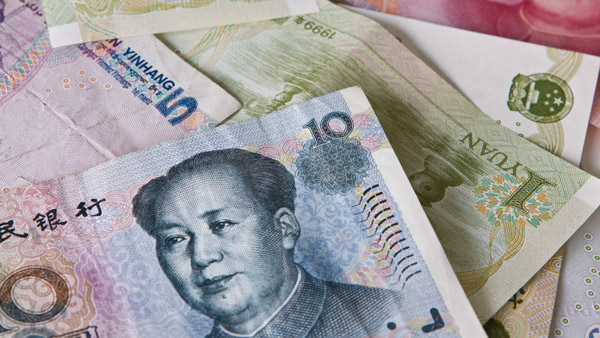

If Morgan Stanley analysts are right, stocks are headed for bigger and longer-lasting losses, because of the deepening U.S.-China trade war.
"Tariff escalation is no longer hypothetical … Economic impacts are not in dispute, only their size," write Morgan Stanley analysts.
They expect further declines in U.S. equities primarily because of supply chain disruptions caused by the escalating trade war.
"This is a material potential drag on earnings growth that will be harder to mitigate than the market expects as other costs rise in tandem," according to the analysts, who note that companies are already contending with rising costs for labor, energy, materials and borrowing.
To date, the U.S. has imposed tariffs on $250 billion worth of China imports and the White House has threatened to extend that to tariffs on an additional $267 billion worth of Chinese imports. The U.S. is also set to increase tariffs on $200 billion of Chinese imports from 10% currently to 25% on Jan. 1.
China has responded with tariffs on U.S. imports, including Harley-Davidson motorcycles and soybeans, whose exports to China have declined by 94%.
Meanwhile, hopes for a de-escalation of tensions between the world's two largest economies are fading.



